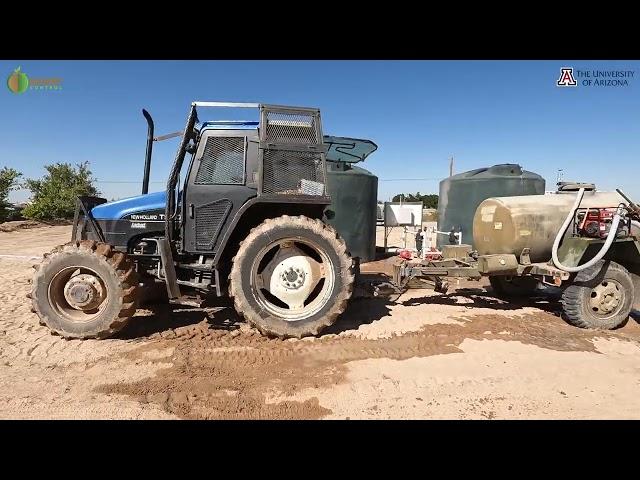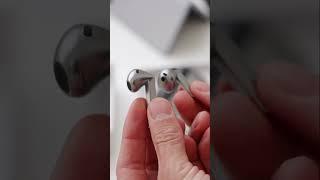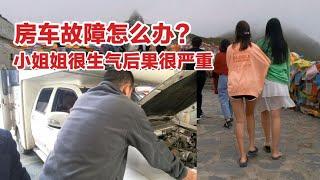
Desert Control completes the first LNC treatment on American soil
Norwegian AgTech company Desert Control has developed a liquid natural clay (LNC) that restores soil and reduces water usage for agriculture and green landscapes. Validation of LNC by independent research institutions started in the United Arab Emirates in 2019. The company is now entering the commercial stage in the Middle East and launching validation initiatives and pilots in the United States.
Desert Control entered into an agreement with the University of Arizona and its Yuma County Cooperative Extension for the first validation study of LNC for American soil. The study will focus on LNC’s ability to increase water holding capacity for sandy soils and consider the transferability of results achieved in the UAE.
The Yuma County Cooperative Extension’s mission is to engage with people through applied research and education to improve lives, families, communities, the environment, and economies in Arizona and beyond. The University of Arizona and its extension service have been assisting farmers, ranchers, agency personnel, and others involved in agricultural innovation and natural resource management for over 100 years to responsibly increase profits and steward our natural resources.
Planning and preparations for the validation study started late last year, targeting spring planting crops such as watermelons and bell peppers. The season for planting these crops began mid-March this year. The team arrived in Yuma on 10 March after successfully commissioning the first U.S. mobile LNC production unit. The 1-acre plot for the validation study has since been transformed from a barren desert state to cultivated land.
Innovations that improve soil health, reduce water and fertilizer usage, and increase crop uniformity will bring significant value to farmers and landowners in the US Desert Southwest, says Robert Masson, Assistant Ag Extension Agent for Yuma County Cooperative Extension. We look forward to validating the potential impact LNC may have on improving sandy soils and turning marginal ground into arable farmland.
Assessing the potential of innovations is integral to our vision of being a vital national leader in creating and applying knowledge to help people build thriving, sustainable lives, communities, and economies.
The first harvest of bell peppers in Yuma is expected to start in late May to early June, and watermelons at the end of June. The validation study with the University of Arizona for LNC is part of a multi-year program. Reports and publications will be shared as they become available during the advance of the program. The Yuma County Cooperative Extension hosts guided field visits for farmers and growers on request.
Desert Control applies a science-led and field-proven approach to innovation. Independent research institutions and universities play a vital part in this approach, says Ole Kristian Sivertsen, President and Group CEO of Desert Control. We are impressed by the expertise and experience of the Yuma County Cooperative Extension team. The impact of the University of Arizona will reach far beyond the United States. Together we aim to build bridges between the U.S. and the Middle East to advance climate-smart agriculture innovations.
About Desert Control:
Desert Control specializes in climate-smart Agri-tech solutions to combat desertification, soil degradation, and water scarcity. Its patented Liquid Natural Clay (LNC) enables sustainable ecosystem management by restoring and protecting soil’s ability to preserve water and increase yields for agriculture, forests, and green landscapes. LNC enables sand and degraded soil to retain water and nutrients, thus increasing crop yields and ecosystem resilience while preserving water resources by up to 50%.
Agriculture and food production already consume more than 70% of all available freshwater. Desertification and soil degradation further increases water consumption in a negative spiral. Our growing global population will require more food in the next 40 years than was produced over the last 500 years, putting even more pressure on vital resources such as water. This is the problem Desert Control is determined to solve. According to the United Nations, twelve million hectares of fertile land perish to desertification, representing an annual $490 billion loss to the global economy.
Desert Control’s vision is making earth green again.
https://www.desertcontrol.com
Desert Control entered into an agreement with the University of Arizona and its Yuma County Cooperative Extension for the first validation study of LNC for American soil. The study will focus on LNC’s ability to increase water holding capacity for sandy soils and consider the transferability of results achieved in the UAE.
The Yuma County Cooperative Extension’s mission is to engage with people through applied research and education to improve lives, families, communities, the environment, and economies in Arizona and beyond. The University of Arizona and its extension service have been assisting farmers, ranchers, agency personnel, and others involved in agricultural innovation and natural resource management for over 100 years to responsibly increase profits and steward our natural resources.
Planning and preparations for the validation study started late last year, targeting spring planting crops such as watermelons and bell peppers. The season for planting these crops began mid-March this year. The team arrived in Yuma on 10 March after successfully commissioning the first U.S. mobile LNC production unit. The 1-acre plot for the validation study has since been transformed from a barren desert state to cultivated land.
Innovations that improve soil health, reduce water and fertilizer usage, and increase crop uniformity will bring significant value to farmers and landowners in the US Desert Southwest, says Robert Masson, Assistant Ag Extension Agent for Yuma County Cooperative Extension. We look forward to validating the potential impact LNC may have on improving sandy soils and turning marginal ground into arable farmland.
Assessing the potential of innovations is integral to our vision of being a vital national leader in creating and applying knowledge to help people build thriving, sustainable lives, communities, and economies.
The first harvest of bell peppers in Yuma is expected to start in late May to early June, and watermelons at the end of June. The validation study with the University of Arizona for LNC is part of a multi-year program. Reports and publications will be shared as they become available during the advance of the program. The Yuma County Cooperative Extension hosts guided field visits for farmers and growers on request.
Desert Control applies a science-led and field-proven approach to innovation. Independent research institutions and universities play a vital part in this approach, says Ole Kristian Sivertsen, President and Group CEO of Desert Control. We are impressed by the expertise and experience of the Yuma County Cooperative Extension team. The impact of the University of Arizona will reach far beyond the United States. Together we aim to build bridges between the U.S. and the Middle East to advance climate-smart agriculture innovations.
About Desert Control:
Desert Control specializes in climate-smart Agri-tech solutions to combat desertification, soil degradation, and water scarcity. Its patented Liquid Natural Clay (LNC) enables sustainable ecosystem management by restoring and protecting soil’s ability to preserve water and increase yields for agriculture, forests, and green landscapes. LNC enables sand and degraded soil to retain water and nutrients, thus increasing crop yields and ecosystem resilience while preserving water resources by up to 50%.
Agriculture and food production already consume more than 70% of all available freshwater. Desertification and soil degradation further increases water consumption in a negative spiral. Our growing global population will require more food in the next 40 years than was produced over the last 500 years, putting even more pressure on vital resources such as water. This is the problem Desert Control is determined to solve. According to the United Nations, twelve million hectares of fertile land perish to desertification, representing an annual $490 billion loss to the global economy.
Desert Control’s vision is making earth green again.
https://www.desertcontrol.com
Комментарии:
내 삶을 눈물로 채워도 - 백미현 (가사)
김경애·풍순
STAR WARS: Anakin 3D model (RealTime)
Annabelle Sémaan
Ride with vj bike new design unvelind || Srinu Telugu Backpacker || Ride with vj ||
Srinu Telugu Backpacker
10 Yr. Old Girl - Feeds Her Pet Snakes! (Krista Guarino)
SnakeHuntersTV
Ամառային տոլմա,ինչպես պատրաստել տոլմա/Толма летняя /Толма из овощей
быстро и вкусно Արագ եւ համեղ
Les mois | மாதங்கள் | Months
KISHO French











